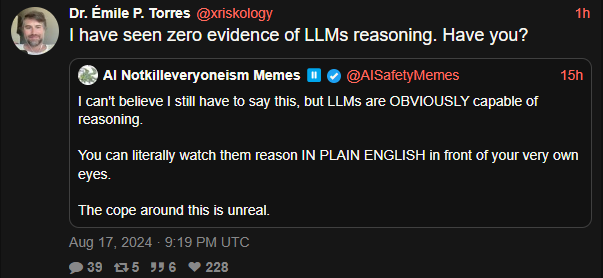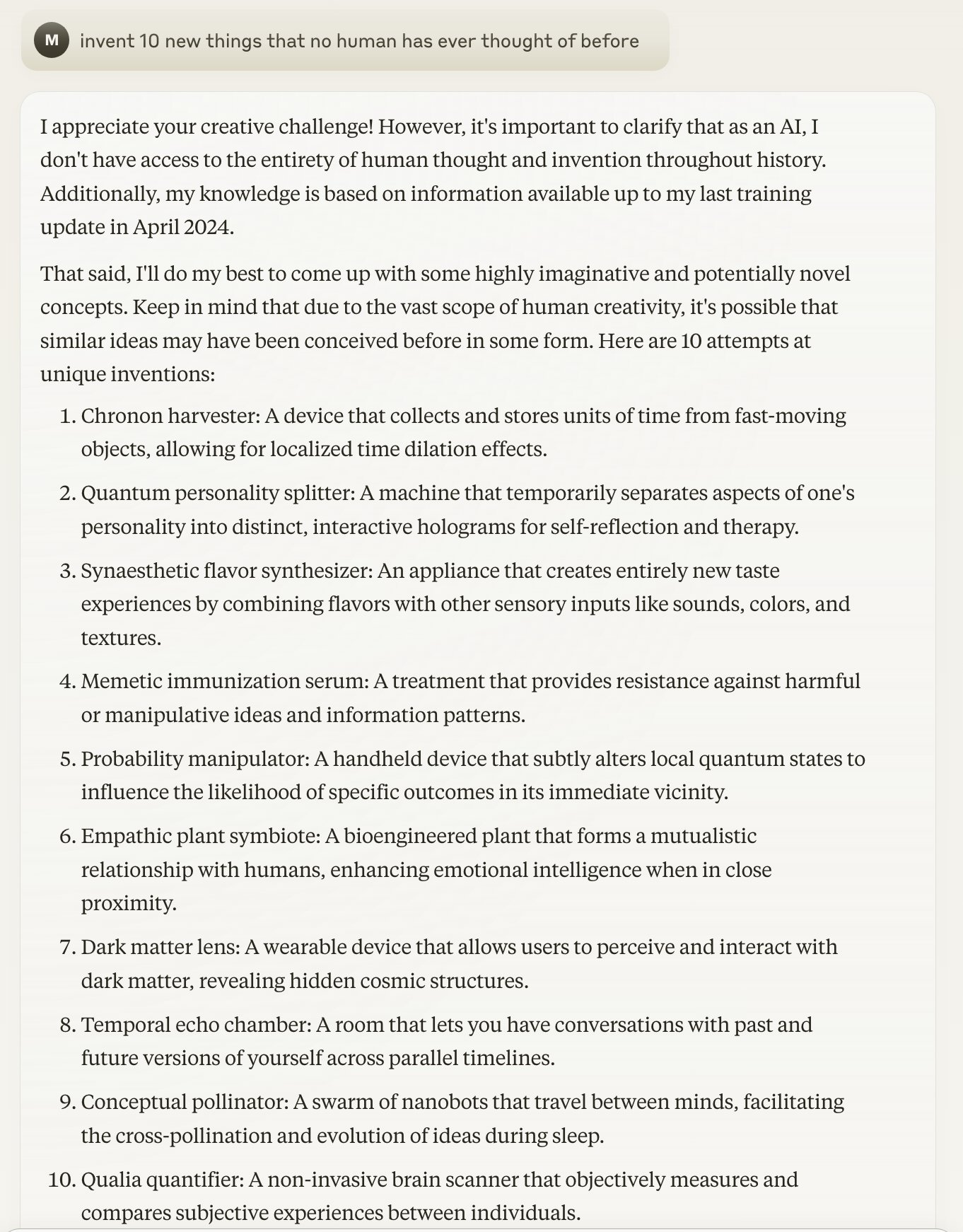this will probably become a NotAwfulTech post after I explore a bit more, but here’s a quick follow-up to my post last stubsack looking for language learning apps:
the open source apps for the learning system I want to use do exist! that system is essentially an automation around reading an interesting text in Spanish (or any other language), marking and translating terms and phrases with a translation dictionary, and generating flash cards/training materials for those marked terms and phrases. there’s no good name for the apps that implement this idea as a whole so I’m gonna call them the LWT family for reasons that will become clear.
briefly, the LWT family apps I’ve discovered so far are:
- LWT (Learning With Texts) is the original open source system that implemented the learning system I described above (though LWT itself originated as an open source clone of LingQ with some ideas from other learning systems). the Hugo Fara fork is the most recently-maintained version of LWT, but it’s generally considered finished (and extraordinarily difficult to modify) software. I need to look into LWT more since it’s still in active use; I believe it uses an Anki exporter for spaced repetition training. it doesn’t seem to have a mobile UI, which might be a dealbreaker since I’ll probably be doing a lot of learning from my phone
- Lute (Learning Using Texts) is a modernized LWT remake. this one is being developed for stability, so it’s missing features but the ones that exist are reputedly pretty solid. it does have a workable mobile UI, but it lacks any training framework at all (it may have an extremely early Anki plugin to generate flash cards)
- LinguaCafe is a completely reworked LWT with a modern UI. it’s got a bunch of features, but it’s a bit janky overall. this is the one I’m using and liking so far! installing it is a fucking nightmare (you have to use their docker-compose file only, with docker not podman, and absolutely slaughter the permissions on your bind mounts, and no you can’t fire it up native) but the UI’s very modern, it works well on mobile (other than jank), and it has its own spaced repetition training framework as well as (currently essentially useless) Anki export. it supports a variety of freely available translation dictionaries (which it keeps in its own storage so they’re local and very fast) and utterly optional DeepL support I haven’t felt the need to enable. in spite of my nitpicks, I really am enjoying this one so far (but I’m only a couple days in)

